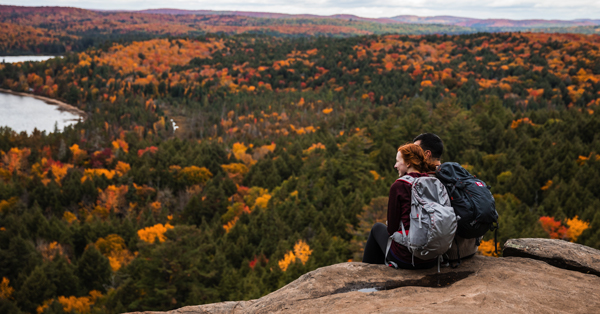Maine has a strong law to protect landowners, known as the "landowner liability" law (or the recreational use statute), Title 14, M.R.S.A. Section159-A.
Per the statute, if someone uses or passes through your land or passes for outdoor recreation or harvesting, with your permission or not, you assume no responsibility and incur no liability for that person's injuries or damage to their property. And similarly, if you allow volunteers to maintain or improve your land for recreation or harvesting, you are protected from liability for their injuries.
Useful definitions taken from the landowner liability law
Premises means improved and unimproved lands, any private ways, roads, buildings, or structures on those lands, and waters standing on, flowing through, or adjacent to them, and it also includes railroad property, railroad rights-of-way, and utility corridors to which public access is permitted.
Recreational or harvesting activities are recreational activities conducted outdoors, including but not limited to hunting, fishing, trapping, camping, environmental education and research, hiking, rock climbing, ice climbing, bouldering, rappelling, recreational caving, sight-seeing, operating snow-traveling and all-terrain vehicles, skiing, hang-gliding, noncommercial aviation activities, dog sledding, equine activities, boating, sailing, canoeing, rafting, biking, picnicking, swimming, and activities involving the harvest or gathering of forest, field, and marine products. It includes entry of, volunteer maintenance and improvement of, use of, and passage over premises to pursue these activities, but does not include commercial agricultural or timber harvesting.
Occupant includes but is not limited to an individual, corporation, partnership, association, or other legal entity that constructs or maintains trails or other improvements for public recreational use.

